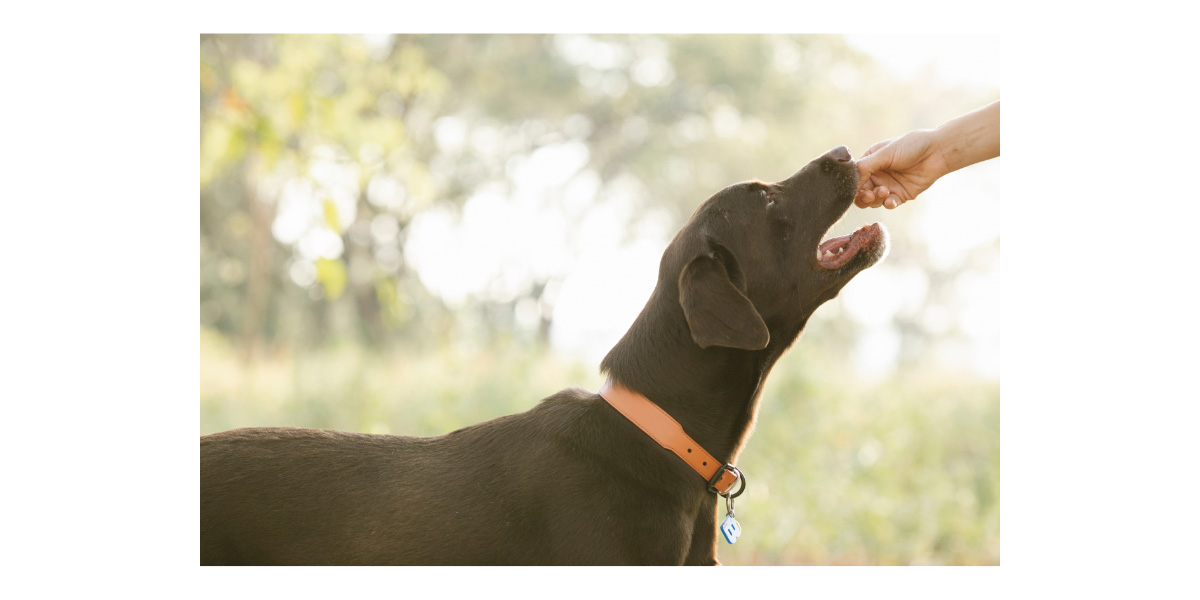
SAVE AN EXTRA $5 - $20 OFFUse code PETS in cart (Exclusions apply)

Save 40% with first AutoShipUse code NEW40 (Up to $40 max. Exclusions apply)

While efforts are made to answer all questions as quickly as possible, if an immediate answer is required or if your pet is in need of urgent or emergency care, contact your pet's veterinarian immediately.

You will receive an answer from Dr. Lindsay and our vet/tech team as soon as possible, usually the same day.
All answers are provided for informational or educational purposes only, and are intended to be a supplement to, and not a substitute for, the expertise and professional judgment of your pet's veterinarian.
It may be necessary to consult your pet's veterinarian regarding the applicability of any opinions or recommendations with respect to your pet's symptoms or medical condition.
Close
An error has occurred, please reload the page and try again.
Close
While efforts are made to answer all questions as quickly as possible, if an immediate answer is required or if your pet is in need of urgent or emergency care, contact your pet's veterinarian immediately.
There is no answer related to your question

As you bake up your family’s favorite cookies this holiday, your dog is sure to spend plenty of time in the kitchen with you. Dogs can’t resist the warmth of the oven, the smell of cookies baking, and the chance that you’ll drop something delicious. Enjoy a safe holiday by getting to know the most common Christmas cookie ingredients that are toxic to dogs.
Both store-bought Christmas cookies and family recipes can contain ingredients that are toxic to dogs. For some toxins, it only takes a tiny amount to cause an adverse reaction, while others are unlikely to be harmful if your dog sneaks just a bite or two. Since it’s not known exactly how much of an ingredient is “safe,” and some dogs are more sensitive than others, it’s best to steer clear of these ingredients or take extra care to make sure your dog does not get into them.
Cream of tartar is a lesser known toxin that’s dangerous to dogs even in small amounts. Cream of tartar, also known as potassium bitartrate, is a byproduct of the winemaking process. It causes kidney failure in dogs, though it’s not known how much your dog would have to eat to be at risk for toxicity. Keep in mind that baking powder, another common cookie ingredient, contains cream of tartar.
Raisins are highly toxic to dogs, causing toxicity with as little as one raisin for dogs under ten pounds. Grapes and raisins contains tartaric acid, the component used to make cream of tartar, that, similarly, can cause severe kidney damage.
Chocolate is widely known to most pet parents as a danger to dogs, though it’s lesser known how dangerous it can be. Chocolate contains stimulants caffeine and theobromine, to which dogs are more sensitive than humans. Chocolate accelerates the heart rate and can cause vomiting, seizures, muscle tremors, and heart failure. The toxic components are found in cacao, which is found in higher concentrations in dark chocolate, semisweet chocolate, and baking chocolate than milk chocolate.
Butter and other fats including vegetable oil, coconut oil, and canola oil are not necessarily toxic to dogs, but can cause acute pancreatitis if consumed in high amounts, which can be found in butter cookies, rich cakes, and other sweets.
Sugar is not toxic to dogs, but too much sugar over time can lead to dental decay, obesity, and diabetes. Dogs love sweet foods and can easily overindulge.
Artificial sweetener, particularly xylitol, also known as birch sugar, is highly toxic to dogs even in tiny amounts. It stimulates dangerously low blood sugar and can kill in as little as one hour. Xylitol is not a common ingredient in Christmas cookies, though it’s found in “diet,” “sugar-free” “keto” and “diabetic-friendly” foods like peanut butter and chocolate chips.
If your dog eats Christmas cookie batter, unsafe ingredients, or baked cookies that may contain toxins, call your veterinarian, nearest emergency vet hospital or pet poison helpline right away. Do not induce vomiting unless under the guidance of a veterinary professional, as the risk of aspiration could be life-threatening.
It takes about 20-45 minutes for your dog’s stomach contents to begin to reach the bloodstream, so do not delay care, even if you’re unsure if your dog has consumed an unsafe dosage of a toxin.
Baking special dog-safe Christmas cookies is a great way to include your dog in the festivities without putting their health at risk. Popular, safe ingredients for dog Christmas cookies include 100% pure pumpkin puree, oatmeal, bananas, yogurt, eggs, and whole wheat flour. You can use carob chips in place of chocolate, and even add a little cinnamon and ginger to make doggy versions of your favorite family recipes.
 Swipe
Swipe